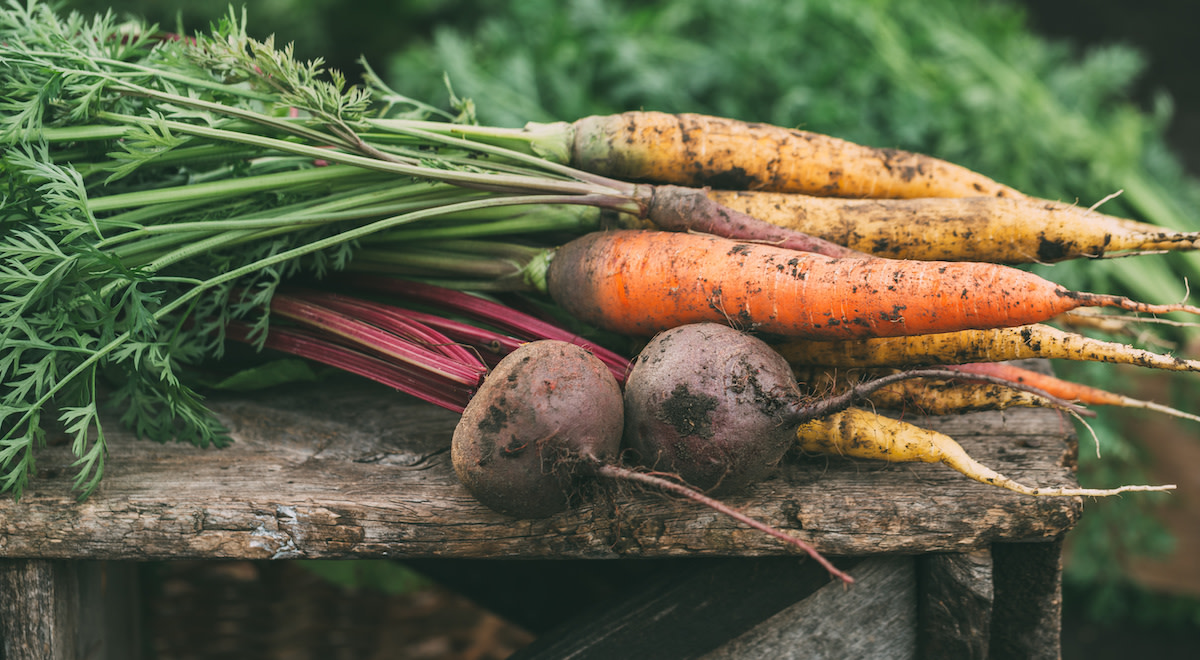Home & Lifestyle
10 Tips for Starting Your Own Vegetable Garden
Written by MasterClass
Last updated: Jun 7, 2021 • 3 min read
A home garden is a great way to have fresh produce always on hand. Starting your own home garden may sound daunting, but don’t worry—it’s easy if you take it one step at a time.
Learn From the Best
10 Tips for Starting a Vegetable Garden
If it's your first time growing your own vegetables, these vegetable gardening tips will help you get started.
- 1. Choose a sunny spot for your garden. Most vegetables grow best when exposed to full sun, but some do require shade, especially during the hotter months. Note how the sunlight hits your prospective space throughout the day, and ensure that it gets six to eight hours of full sun per day.
- 2. Determine your garden’s size. It’s important to give your vegetables enough room to root and grow. If you have your own backyard with enough land for a full garden, take advantage of the space, and consider building raised beds. For smaller areas, square foot gardening—a method of dividing your garden into even square sections—can help you maximize your space. If you live in an apartment with a balcony or windows with plenty of direct sunlight, consider growing a small garden in planters or containers.
- 3. Select your vegetables. Different vegetables have different growing seasons; choose which ones to plant depending on the time of year. Geography is also a factor, so consult a growing guide to find each vegetable’s optimal growing time in your region. Many common vegetables like eggplant, sweet potatoes, and zucchini are warm-season crops. Leafy greens like spinach, rhubarb, and chard grow in cooler months, as do brassicas like kale, turnips, cauliflower, broccoli, Brussels sprouts, and kohlrabi.
- 4. Consider companion planting. Companion plants are vegetables you can plant near each other in order to deter pests, attract beneficial insects, and stimulate growth. Not all vegetables are suitable for companion planting—some vegetables may grow well near some plants but not others. Before planting at random, research which vegetables grow best in close proximity. Vegetables like tomatoes, carrots, cucumbers, green beans, and radishes all have their own companion plants.
- 5. Find high-quality seeds. Invest in good heirloom seeds, hybrid seeds, or open-pollinated seeds (or save your own seeds) that are less prone to disease and known to produce lush plants. Your local grocery store or garden center should carry these types of seeds. You can also look online to buy organic and non-GMO seeds.
- 6. Invest in good soil. There are six types of garden soil: sand, silt, clay, peat, chalk, and loam (which is actually a blend of sand, silt, and clay). Most vegetables grow best in loamy soil. The ideal soil ratio for vegetable garden loam is approximately 40 percent sand, 40 percent silt, and 20 percent clay. Consider adding mulch, compost, or other organic matter to your garden to improve your vegetables' health.
- 7. Add compost to your soil. Compost contains fungi, bacteria, and minerals that are beneficial to plants. It promotes strong immunity in your plants and expands the life of your crops.
- 8. Use a natural or organic pesticide. Pests that prey on your vegetables are inevitable. For bugs, use a noninvasive pesticide or insecticidal soap. Companion plants like rosemary repel certain unwanted insects, and others like dill and parsley attract predators that hunt common pests. To deter larger animals, surround the perimeter of your garden with a fence or net.
- 9. Make weeding part of your routine. Every morning when you check on your garden, take a look to see where weeds are growing. You'll want to pull them before the afternoon, while the soil is still damp and the weeds are easy to remove. You can buy a pair of weed cutters, but ultimately your hands are the best tool for removing weeds.
- 10. Keep a diary. Invest in a garden planner and track your vegetables' progress. Note when and where you planted your vegetables, whether or not pests are interfering, and any pertinent details to the development and health of your crops. You'll want to be as detailed as possible when logging information about your garden.
Learn More
Grow your own food with Ron Finley, the self-described "Gangster Gardener." Get the MasterClass Annual Membership and learn how to cultivate fresh herbs and vegetables, keep your house plants alive, and use compost to make your community - and the world - a better place.
